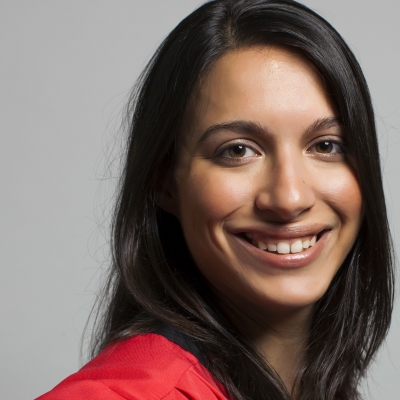Technology
Quibi’s Meg Whitman on ‘in-between moments,’ Steven Spielberg’s new show and launching a business amid coronavirus outbreak

May 12, 2020 09:00 AM
Featured Stories
Madwell’s demise is a wake-up call for marketers
Lessons from the closure, including how to assess an agency’s finances.




